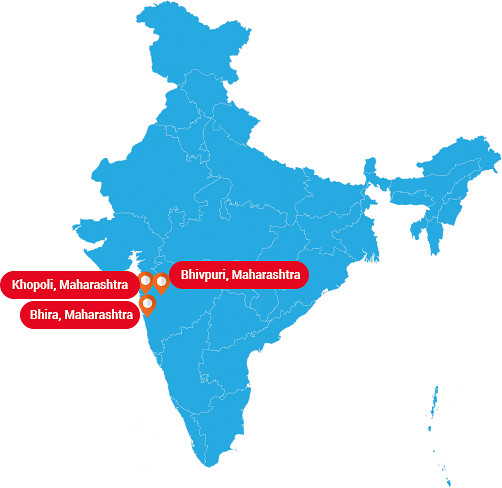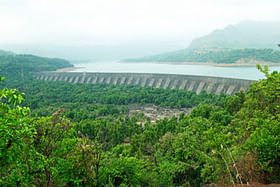Valued at around Rs 13,000 crore, the projects will yield 2,800 MW collectively.
Tata Power, one of India’s largest integrated power companies, has signed a memorandum of understanding (MoU) with the Maharashtra government to develop two large pumped hydro storage projects in the state.
These projects, with an estimated investment of approximately Rs 13,000 crore, will have a combined capacity of 2,800 megawatt (MW).
The two plants will be situated in Shirvata, Pune (1,800 MW) and Bhivpuri, Raigad (1,000 MW) and will generate employment for over 6,000 people.
“Pumped hydro storage is a reliable and efficient way to store energy, and these projects will support the renewable solar and wind projects to ensure reliable, 24/7 consistent power supply,” said Praveer Sinha, chief executive officer and managing director, Tata Power.
Pumped hydro storage projects (PSP) leverage the kinetic energy of water to create a stable and reliable power supply. During times of excess energy, water will be pumped from lower reservoir to higher reservoir, and during peak demand, the stored water will power turbines, thereby generating electricity.
When used in conjunction with other renewables such as solar and wind, PSPs significantly enhance energy security by providing peaking and continuous power supply.
The sites at Shirvata and Bhivpuri lie in the Western Ghats, which offers immense potential for pumped storage hydro projects due to its natural topography and favourable geology.
Tata Power has a strong presence in this region, with the firm’s three hydroelectric power stations at Khopoli, Bhira and Bhivpuri supplying India’s financial capital with 450 MW of electricity.

The Bhira Hydro Generating Station that includes 150 MW pumped storage hydro project with the Khopoli and Bhivpuri is among the first hydroelectric plants in the region that harnesses the major water resources of the Western Ghats in Maharashtra.
Today, these three plants make up Mumbai’s ‘islanding system’, the backup power source that kicks in in case metropolis’ power supply gets impacted — akin to an inverter system installed inside households.
Additionally, the water released from these plants has enabled rapid industrialisation, urbanisation and irrigation development in the downstream areas of Karjat, Ambernath, Ulhasnagar, Thane, Badlapur, Mira-Bhayander and Vasai.


